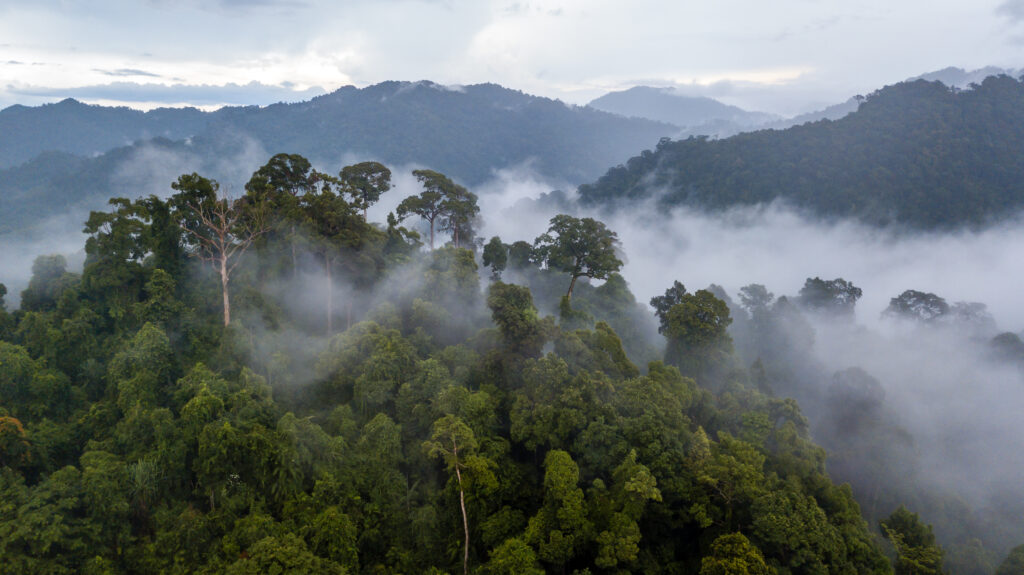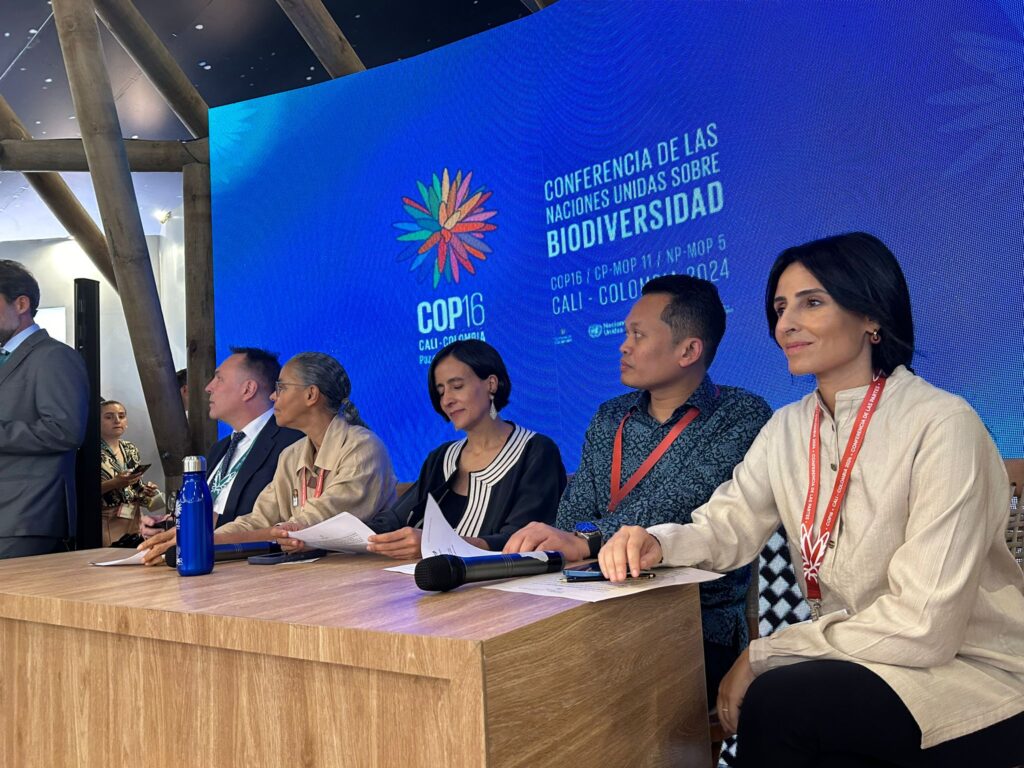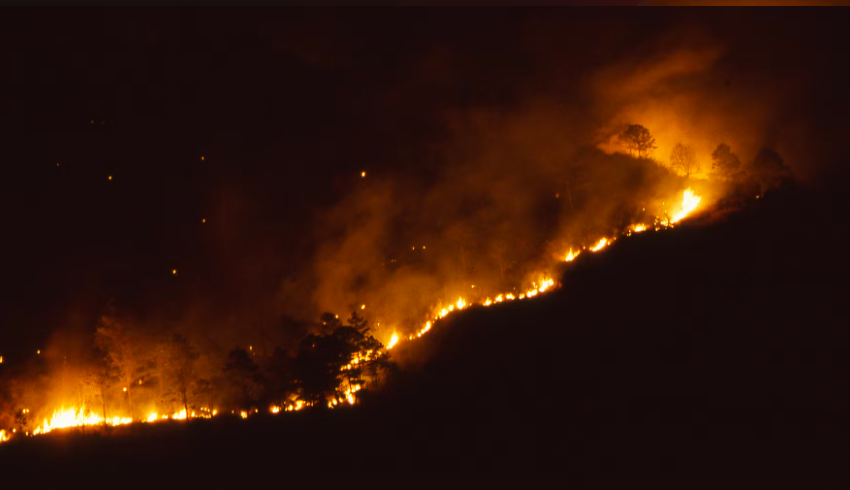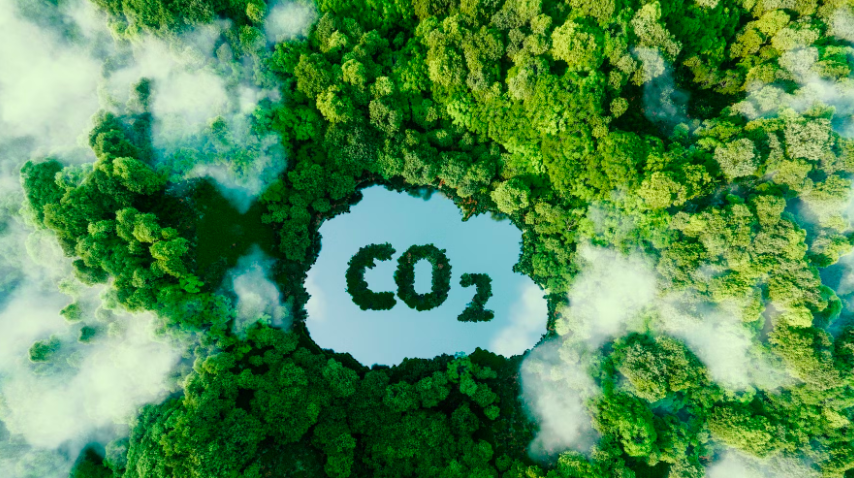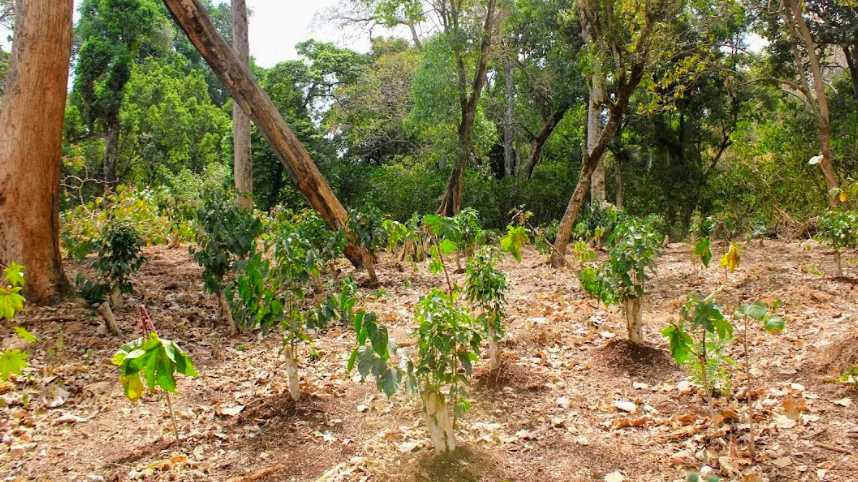
Rainforest certificates support the preservation of Ethiopia’s last rainforests
Have you purchased a rainforest certificate from Forests of the World and are curious about what it contributes to? Part of the funds from the rainforest certificates in 2022 go towards supporting the sustainable management of Ethiopia’s last remaining rainforests.
The country’s forest cover has declined significantly over the past century due to the explosive population growth, which has demanded extra resources. Now, Forests of the World is helping the local communities living near some of the last intact forests to preserve them while also generating sustainable income from them.
Forests of the World works in some of the last remaining intact forest areas around the Bale Mountains National Park and Kafa Biosphere Reserve in Ethiopia, where wild arabica coffee is native and dominates the forest floor in large parts of the forests. Here, we work to support local farmers in maintaining a sustainable coffee production that benefits the forest while also providing income for the locals. The goal is to enable them to earn a livelihood through sustainable coffee production, so the forests gain higher value for the locals and do not need to be cleared for survival.
Ethiopia’s Rich Rainforests Are Almost Gone
Ethiopia’s population has exploded over the past century, placing immense pressure on the country’s natural resources, which must now feed a population of over 120 million people. This is nearly a fourfold increase compared to just 50 years ago. Ethiopia is also listed as one of the world’s poorest countries. Once rich in forests and fertile land, the country now has only 4% forest cover, which is alarmingly low. The remaining forests are heavily degraded and fragmented, requiring urgent intervention if Ethiopia’s last rainforests are not to disappear entirely. As a result, the state of the forests has now become a political priority in Ethiopia, where climate and environmental policies have increasingly been placed on the agenda in recent years.
Despite the challenges, these forest areas still house unique wildlife and many endemic species. Some of the endemic animals spotted around the Bale Mountains include the very rare Ethiopian wolf (Canis simensis), the mountain lion, a subspecies of lion (P. l. leo), the mountain nyala (Tragelaphus buxtoni), and the elusive and relatively unknown Bale Mountains Velvet Monkey (Chlorocebus djamdjamensis). Additionally, the black-and-white colobus monkey (Colobus polykomos) with its distinctive bushy tail and the iconic, oddly-shaped gelada monkey (Theropithecus gelada), closely related to baboons, can also be found here.
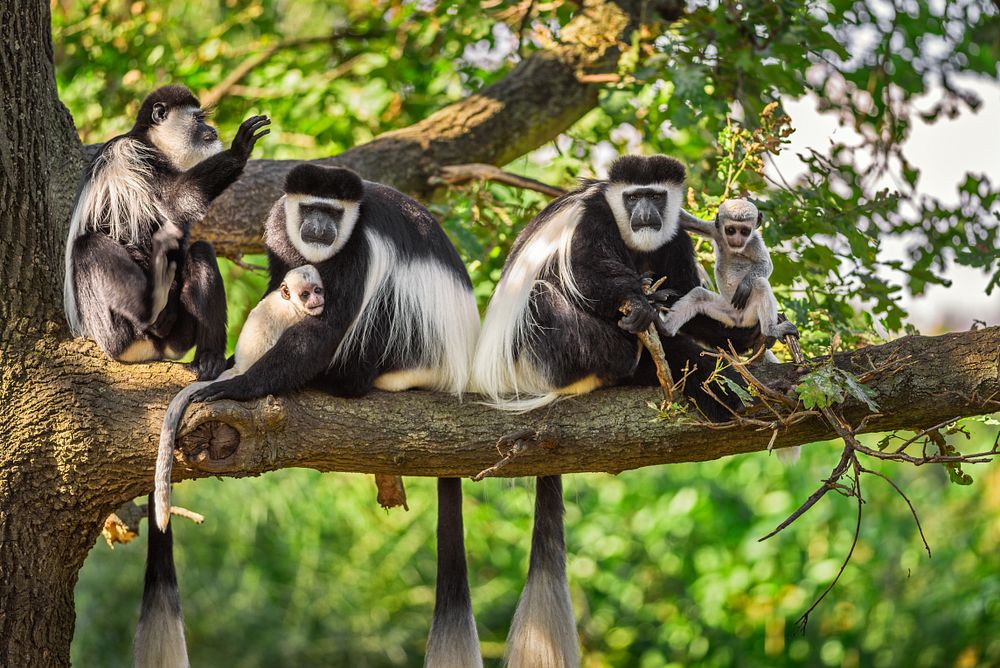
Colobus Monkeys in the Bale Mountains. Photo by Shutterstock.
Establishing Sustainable Agroforestry
Local farmers and forest managers have traditionally harvested wild coffee from the forests. However, they have also been cutting down trees, knowing that creating more light on the forest floor can lead to higher coffee yields, which has resulted in the degradation of the remaining forests. To combat this practice, a forest management system has been introduced, based on cooperation between the authorities and the local communities around the forests. The system includes local people in the management of the forests (Participatory Forest Management or PFM). In addition, a strict ban on tree cutting has been imposed to preserve the last remaining forests. Under the PFM system, local groups are committed to managing the forest sustainably, but they do not gain much financially from the agreement. This has significant consequences for the impoverished local population, who now have limited legal options for earning income from the forest, leading many to still cut trees illegally.
Therefore, Forests of the World is working to introduce agroforestry systems focusing on coffee in the forest edges, as well as supporting the PFM groups in monitoring the forests. We assist the local communities in transitioning from conventional crops to sustainable agroforestry, which includes coffee plants and native shade trees that help increase biodiversity in the production areas at the forest’s edge. Coffee bushes do not yield income in the first three to four years, so they are planted alongside fast-growing banana palms and papaya trees, which provide the farmers with a small income during the initial years. As the coffee bushes begin to generate income, more of the shade trees will have matured, allowing the forest cover to spread out from the main forest.
Kristian Lybæk, who is the coordinator for Forests of the World´s work in East Africa, states: “Farmers get a more diversified production, greater income in the long term, and they also have the opportunity to harvest fuel wood from their own trees instead of having to cut down trees in the forest. Moreover, agroforestry on the outskirts of the forests is helping the forest cover to grow, which is a very positive development for the country’s forests.”
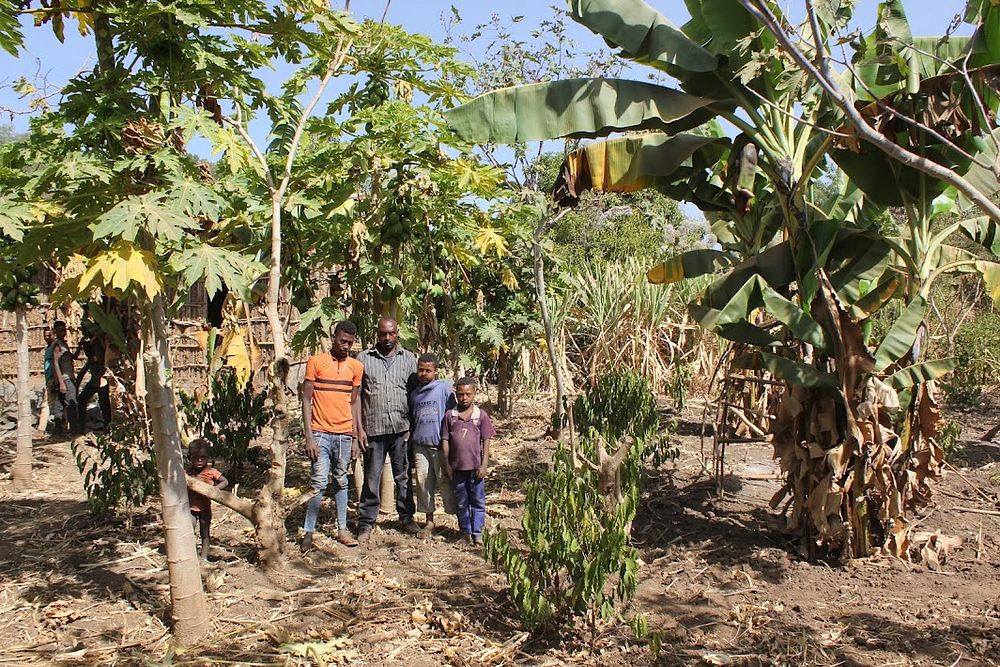
Agroforestry in the forest edges. Photo by Kristian Lybæk.
Forests of the World also supports the local community in managing their harvests more efficiently and obtaining the best possible price for their products on the international market. This has yielded significant results, as they set new records this year for the price of their coffee.
However, a challenge remains in that not all locals are part of the agroforestry project. Those who are only part of the PFM system receive a very small income for their efforts in forest monitoring and therefore still have an interest in cutting down trees to improve light conditions for their coffee and to gather firewood. For this reason, Forests of the World is also working on developing an FSC standard for Ethiopia, which will pave the way for sustainable timber harvesting, allowing local communities to generate an alternative and sustainable income from the forest.
Women Must Be Included in the Work
Forests of the World is also working to ensure that women are more included in PFM activities and agroforestry. Traditionally, women have not been included in decision-making, and they typically do not have control over land. Forests of the World has established a number of ‘Village Savings and Loans Associations’ (VSLA) specifically for women, where they collectively decide how to use the money they have earned. This has resulted in women starting egg production by investing in chickens and chicken coops. Right now, we are particularly focused on involving women in the coffee production value chain.
Buy Rainforest Certificates and Support Ethiopia’s Rainforests
If you have purchased rainforest certificates from Forests of the World, you have helped support our work to conserve the last rainforests in Ethiopia and create a sustainable income for the local population.
If you haven’t purchased a rainforest certificate yet, you can still do so. They can be found in our webshop here.
Press Contact
Jonas Schmidt Hansen
Who is Forests of the World?
We work to preserve the world’s forests, both in Denmark and the world’s tropical forests.Our focus areas include sustainability, Indigenous Peoples and local engagement.
